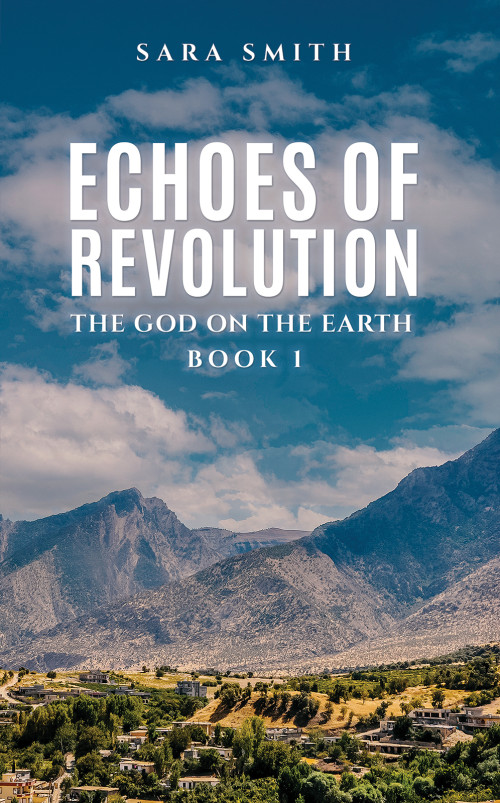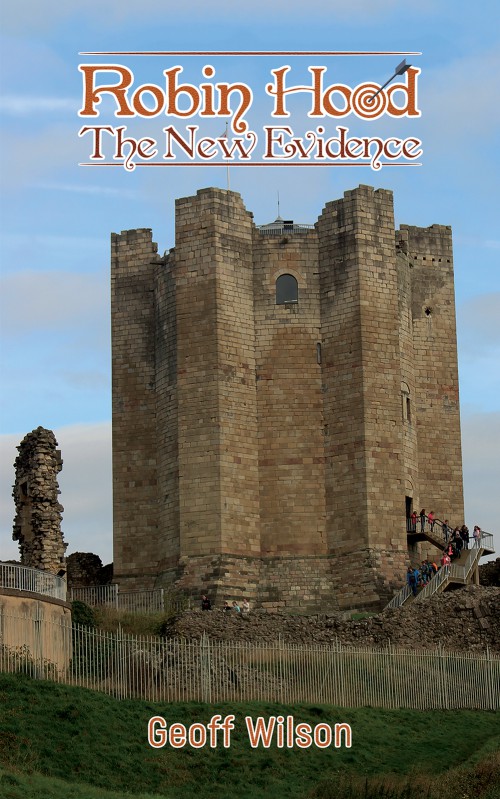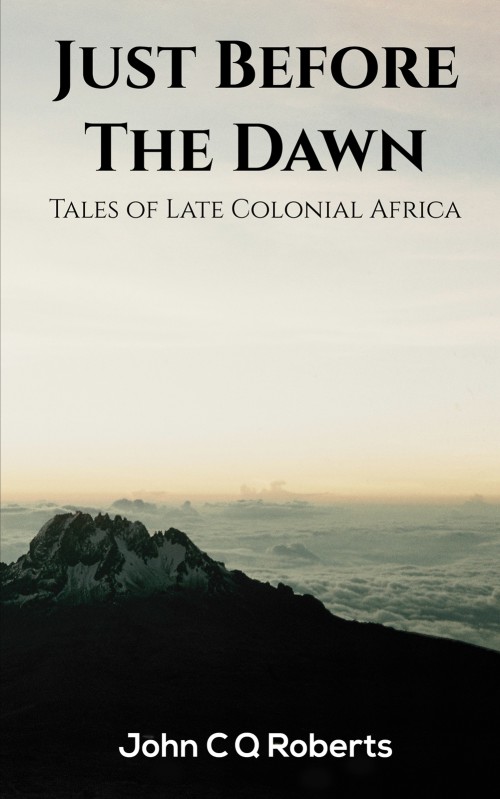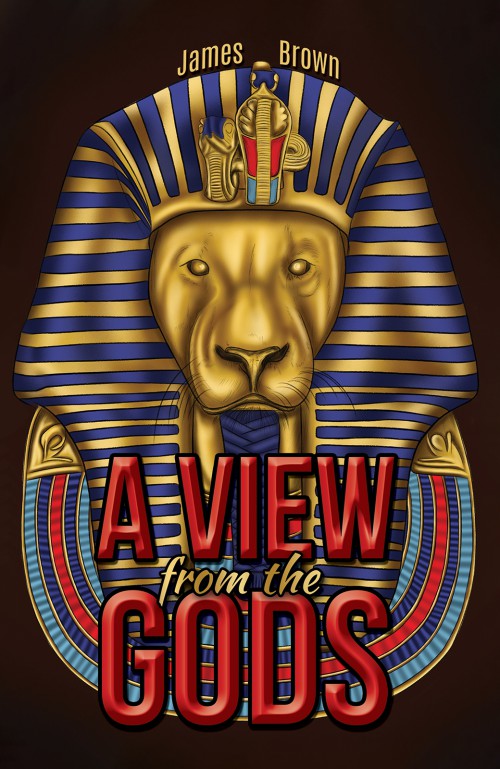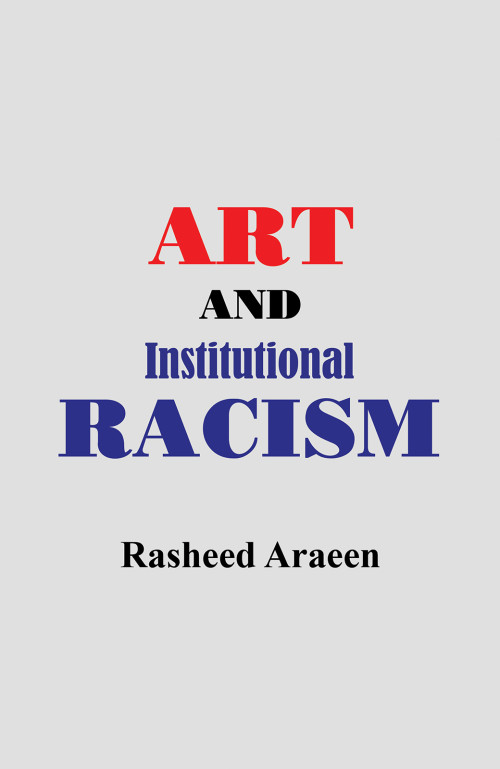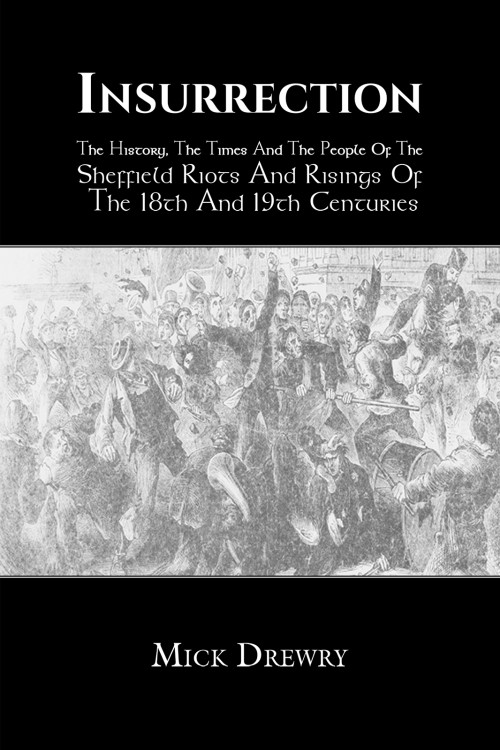Within the intricate narrative woven in The God on Earth, an enchanting tale unfurls, beckoning us into the very core of ‘The Echo of Revolution.’ This immersive journey delves into the profound and enduring struggles of impoverished and marginalized minorities, resonating deeply in the context of the modern era. Whether bound by the identity of a Kurd or entangled in the intricacies of a minority religion, such as Baháʼí, life within these communities mirrors a profound form of human bondage.
In the realm of ‘God on Earth,’ neither the reigning monarch nor the subsequent ruler, the Engle, could extend a helping hand to the little girl, Sara and her beleaguered family. To compound their challenges, a Baháʼí girl named ‘Iran’, was born one frosty night in an apple garden, initially bringing a glimmer of joy to young Sara. However, this fleeting happiness soon waned in the grasp of uncontrollable rioting.
Against the ever-shifting tableau of political leadership, revolutions unfold like chapters, yet their transformative power falters in reshaping the destinies of these minorities. Whether dictated by religious beliefs or linguistic nuances, Sara and Iran’s parents grapple with enduring discrimination, navigating a relentless status quo that persists despite the tumultuous winds of political change. Finally, who can save Sara and her little adopted sister, Iran?

